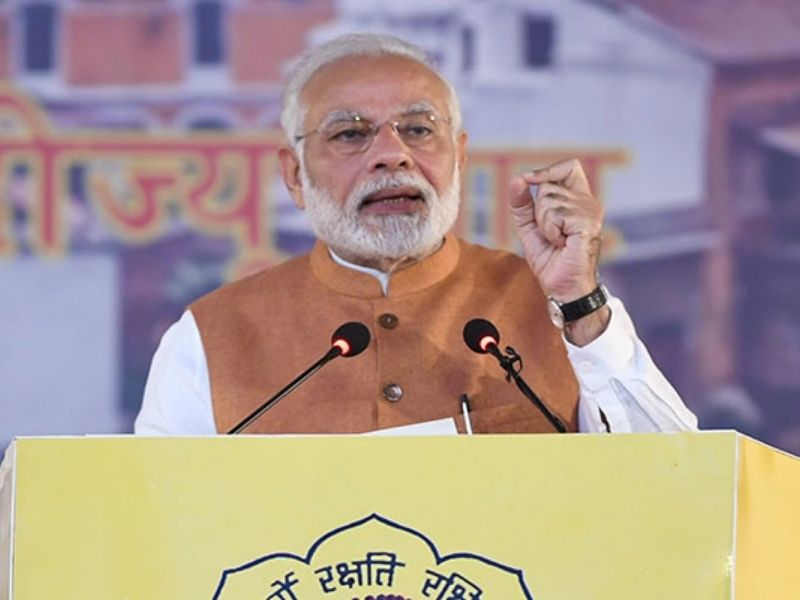With all campaigning for General Election 2024 by order of the Election Commission obliged to end today (May 30) and a new government set to be sworn in at the Centre by the time this issue of EducationWorld is accessible to readers, this is a good time to draw up an agenda for the new government after prolonged and acrimonious electioneering.
The first priority of the new government should be to reach out to the opposition to let bygones be bygones and set about observing the written and unwritten rules of democratic governance. This requires government and opposition parties to agree to respect the rules of parliamentary decorum and permit orderly debate and engagement in both houses of Parliament. In recent years because of frequent ‘disruptions’ of Parliament, a large number of hastily drafted and inadequately debated laws, rules and regulations have been hurriedly enacted resulting in confusing and often contradictory legislation which slows down national business and has resulted in unnecessary litigation which has choked the legal system.
Rising inflation and unemployment have emerged as the most hot-button issues of the recently concluded General Election 2024 campaign. Alarming data has emerged that the heaviest burden of pervasive and spreading unemployment is being borne by the country’s youth who, according to ILO data, constitute 80 percent of unemployed adults. The urgent solution to this phenomenon that is assuming dangerous proportions, is to sharply reduce barriers and impediments to the growth of the country’s estimated 63 million MSMEs (micro, small and medium sector enterprises) which employ 80 percent of the country’s industrial workforce.
According to Teamlease, a Bengaluru-based employees assessment and placements firm, MSMEs are required to negotiate 1,536 Central and state government Acts and rules, 69,233 compliances and make 6,618 annual filings which drive up cost of doing business, impeding growth, expansion and recruitment. Preventive control and regulation of industry needs to be replaced with a system in which the onus is on businessmen to comply in which rules and regulations on pain of punitive action.
The third urgent priority of the new government at the Centre should be to mend the country’s education system across the spectrum to ignite the minds of 1.4 billion citizens. This requires development of thinking and innovation skills to resolve long-standing socio-economic development issues that have slowed the nation development effort. The plain truth is contemporary India doesn’t have an unemployment as much as an unemployables problem with the education system annually churning out over 10 million nominally educated youth who add to the widening pool of unemployed.
The root cause of this phenomenon is deep misalignment between the academy and industry operating in iron-walled silos. There’s an urgent need for industry leaders to serve on the curriculum-setting boards of schools, colleges and universities to ensure that school-leavers and graduates are equipped with sufficient academic learning and skill-sets required by India Inc. This is a necessary pre-condition of reducing unemployment and providing Indian industry the productivity leap it urgently needs.
